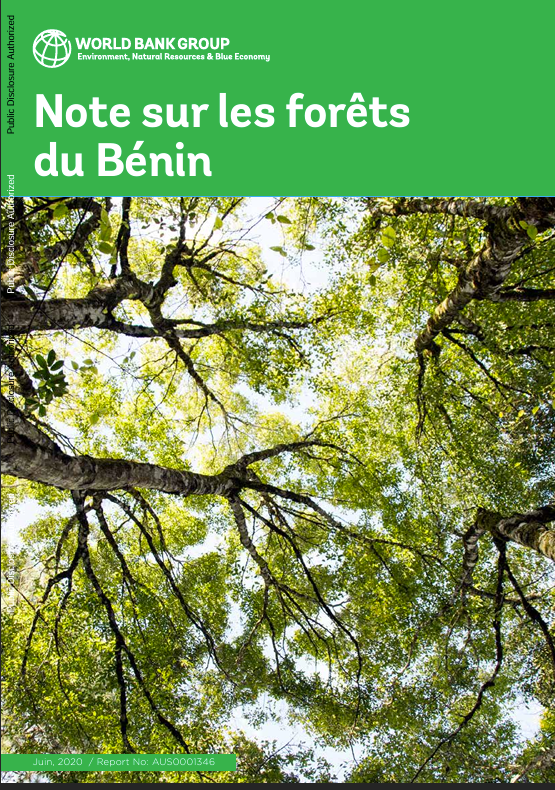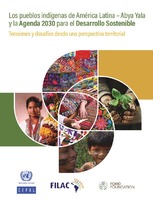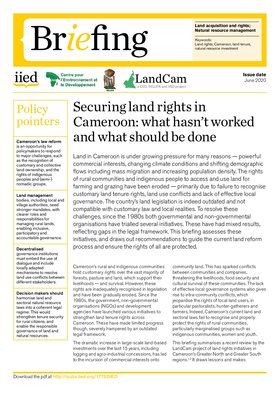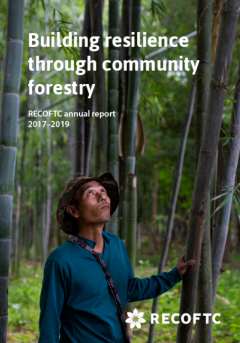Social forestry and climate change in the ASEAN region: Situational analysis 2020
Forests play a crucial role in the fight against global climate change. The communities that live in and around forests are well-placed to carry out climate change mitigation and adaptation strategies. The Association of Southeast Asian Nations (ASEAN) recognizes that social forestry enables communities to manage forests sustainably. It also helps them deliver on economic, social and environmental goals, including mitigation and adaptation. This has motivated ASEAN leaders to study and understand social forestry’s role in climate change and to strengthen its presence in the region.










